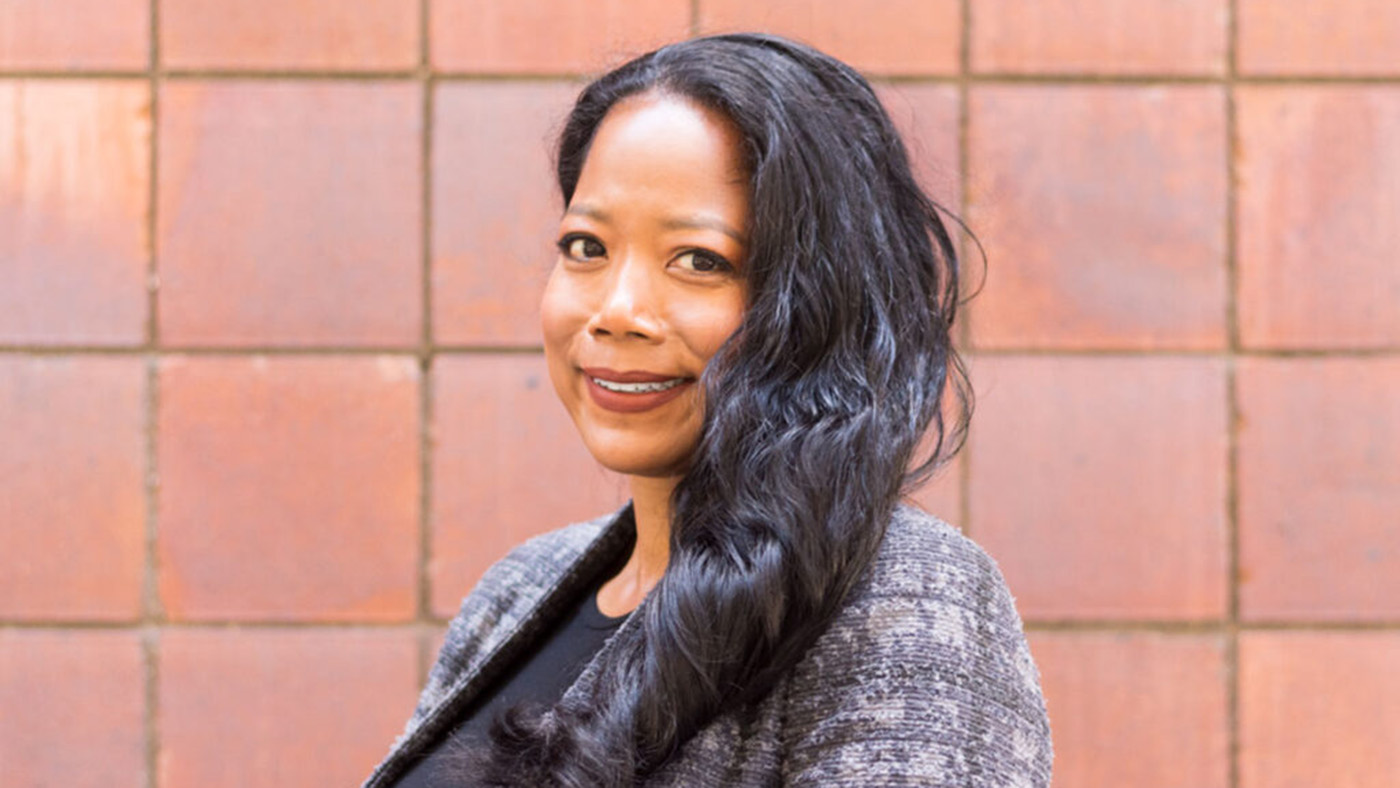Twyla Carter ’07, a nationally renowned public defender and advocate for bail reform and pretrial assistance to low-income clients, will address Seattle University School of Law’s Class of 2023 graduates at commencement on May 13.
One of the law school’s most distinguished and accomplished alumni, Carter is the first Black woman and first Asian American to lead The Legal Aid Society in New York City, the largest and oldest legal aid organization in the United States.
“Twyla is the ideal speaker for our law school’s 50th Anniversary Commencement,” said Dean Anthony E. Varona. “She is one of the most respected public interest lawyers in the nation. As a ceiling-shattering, pathbreaking leader, Twyla is a sterling example of how Seattle University School of Law graduates diverse luminaries in law who are leading the profession into the future, bridging law and justice, and strengthening our democracy.”
A native Seattleite, Carter was drawn to Seattle University – first as an undergraduate and then as a law student – for its Jesuit focus on social justice and reputation for a supportive environment. She credits Seattle U Law’s pioneering Access Admission Program for creating a pathway to enter law school for students like her who come from historically disadvantaged and underrepresented communities.
Once enrolled, Carer benefitted from the program’s ongoing support and guidance, enabling her to earn her law degree and fulfill her ambition to become a lawyer who represents clients in need.
“To be asked to speak at the commencement ceremony, knowing how many incredible lawyers are out there, is such an amazing honor,” Carter said. “To think about where I came from during my time at Seattle University, it’s really surreal to find myself in this position.”
In her speech, Carter hopes to inspire the graduates to become the next generation of movement lawyers. “I want to explain the importance of using their law degrees to build power for people closest in proximity to injustice, to understand the importance of pro bono work, and to recognize that marginalized and disenfranchised people need them, no matter what they do with their law degree,” she said.
Admitted to practice law in New York, Washington state, and numerous federal courts, Carter is a nationally recognized expert on bail reform and is a frequent speaker on all aspects of the criminal legal system, including police reform, right to counsel, and how to incorporate race and culture into criminal, death penalty, and civil cases.
After law school, Carter began her career as public defender, first with The Defender Association in Seattle as a staff attorney, where she handled felony and misdemeanor trials, represented juveniles, and appealed misdemeanor convictions. She won a published decision from the Washington State Court of Appeals, Division One, in State v. Green, which affirmed the due process rights of parents accused of trespassing in public schools.
Carter then moved to the King County Department of Public Defense, where she oversaw all misdemeanor casework across the four divisions of the department. This was followed by a position as senior staff attorney in the Criminal Law Reform Project at the American Civil Liberties Union (ACLU) national office, where she litigated local and state bail inequities and right-to-counsel protections in the federal courts and designed alternative bail and representation policies and procedures.
Prior to joining The Legal Aid Society, Carter was national director of Legal and Policy at The Bail Project (TBP), a nonprofit organization that pioneered a national movement to bring free bail assistance and pretrial support to thousands of low-income people every year. At TBP, Carter created the department’s strategic mission and directed the legal, policy, and advocacy efforts at the federal, state, and local levels.
In addition to her current role as attorney-in-chief and CEO of the Legal Aid Society, Carter serves as vice president of the Board of Directors of The Who We Are Project. Founded by Jeffery Robinson, a renowned expert on the role of racism in the criminal legal system, the project aims to correct the social, legal, political, and economic aspects of racism in the United States through educational materials, including through a feature-length documentary entitled, “Who We Are: A Chronicle of Racism in America.”

